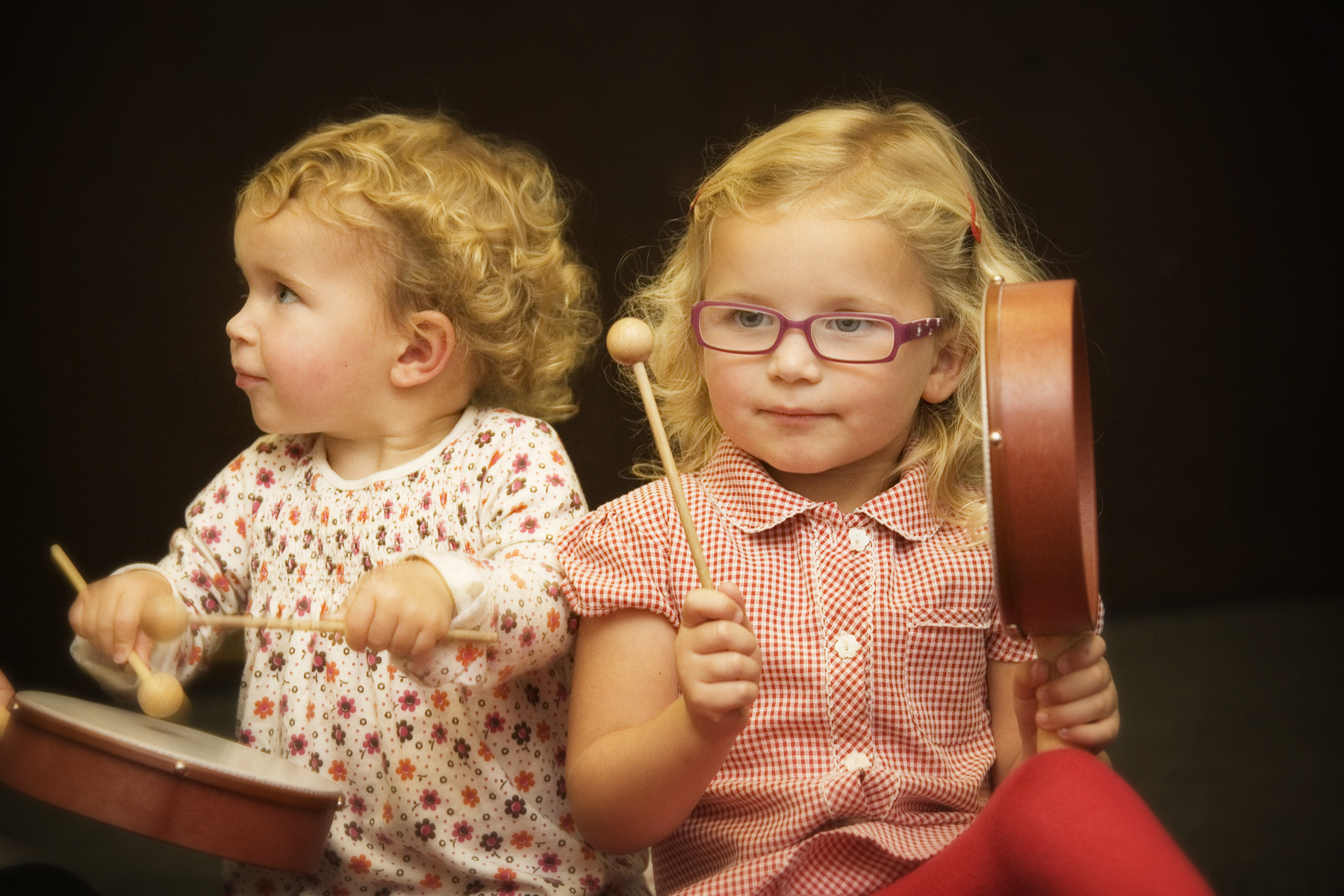 Music has been used with good success in supporting all kinds of emotional, cognitive and social development needs across the world. It has been known to promote wellness by managing stress levels, boosting memory and improving communication. The good thing about music is that it can also be used to help children to relax as it uses a certain amount of discipline and structure – many children with autism can be hyper-active or find it very hard to sit still for any period of time, such as at the table during a meal. So music can help with that and offer some kind of control to a child’s body movement and coordination, reduce anxiety and improve behaviour.
Music has been used with good success in supporting all kinds of emotional, cognitive and social development needs across the world. It has been known to promote wellness by managing stress levels, boosting memory and improving communication. The good thing about music is that it can also be used to help children to relax as it uses a certain amount of discipline and structure – many children with autism can be hyper-active or find it very hard to sit still for any period of time, such as at the table during a meal. So music can help with that and offer some kind of control to a child’s body movement and coordination, reduce anxiety and improve behaviour.
Music also encourages social interactions. Many people find that increased exposure to music helps autistic children to respond to vocals and voices around them more frequently when it is being played interactively – in some cases music has been known to get their attention where many other attempts fail which makes it a potentially therapeutic tool.
Get involved to increase interaction
Of course, if a child is to truly reap the real benefits associated with music, it is vital that parents are involved in these activities with their child at home on a consistent basis so as to encourage and motivate the enjoyment that comes from listening to and interacting with music. Whether it’s simply putting on a CD of nursery rhymes, singing to them at bathtime or during a car journey – it will make all the difference if parents instigate this. Plus, it will help to focus attention and the child is more likely to try and verbalise, use hand gestures etc.
Parents can also increase their child’s social interaction by passing and sharing musical instruments or using movement or songs with repetitive actions and words. This will help stimulate the parts of the brain that are needed for speech which may help with communication.
It is also important to consider the kind of music used as you want to avoid arousing any anxiety or stress. Classical music and uncomplicated songs with a predictable beat or rhythm are usually the best type to use – or repetitive nursery rhymes which are also easy for the brain to digest.
Have fun and enjoy
Most important of all, music is designed to be entertaining and fun for parents and children with autism. It will start to generate continuous improvements in behaviour and social skills providing the child is enjoying it – similar to most other forms of play, children need to feel engaged without feeling under pressure to perform.
Jo Jingles provides music, singing and movement experience classes for babies and pre-school children from three months to five years of age in more than 700 centres across the UK and Ireland and with over 90 franchisees.
